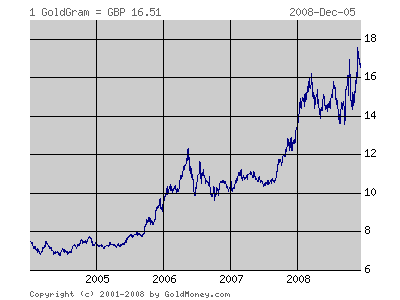I'm still convinced that many in the financial community deserve far harsher treatment than they've so far received - if they didn't know what would happen, they should have.
But I've been casting about for some deeper structural reason - what allowed financiers to kid themselves that they were acting reasonably, or at least assure themselves that they had followed official guidelines and were "covered"?
So I looked for something relating to the regulation of fractional reserves, and came across references to the
Basel Accords (
I and
II). These are an attempt to "harmonise" central banking policies in developed nations, and perhaps can serve as an object lesson (especially for EU enthusiasts) about international legislation.
Here is the conclusion of
an analysis of the two Accords (highlights mine):
One very important fact to assess is the achievements and limitations of each Basel Accord. The first Basel Accord, Basel I, was a groundbreaking accord in its time, and did much to promote regulatory harmony and the growth of international banking across the borders of the G-10 and the world alike. On the other hand, its limited scope and rather general language gives banks excessive leeway in their interpretation of its rules, and, in the end, allows financial institutions to take improper risks and hold unduly low capital reserves. Basel II, on the other hand, seeks to extend the breadth and precision of Basel I, bringing in factors such as market and operational risk, market-based discipline and surveillance, and regulatory mandates. On the other hand, in the words of Evan Hawke, the U.S. Comptroller of the Currency under George W. Bush, Basel II is “complex beyond reason” (Jones, 37), extending to nearly four hundred pages without indices, and, in total, encompassing nearly one thousand pages of regulation.The author's concern is that the rules can permit the risk of assets in emerging markets to be understated, and as it turns out the Trojan horse came in through another gate; but in complexity lies opportunity, and in rule-following lies the illusion that personal responsibility is thereby written off.
 I packed in smoking over 30 years ago - but this coming year, I'd better do something about the weight.
I packed in smoking over 30 years ago - but this coming year, I'd better do something about the weight.

 (htp:
(htp: 




